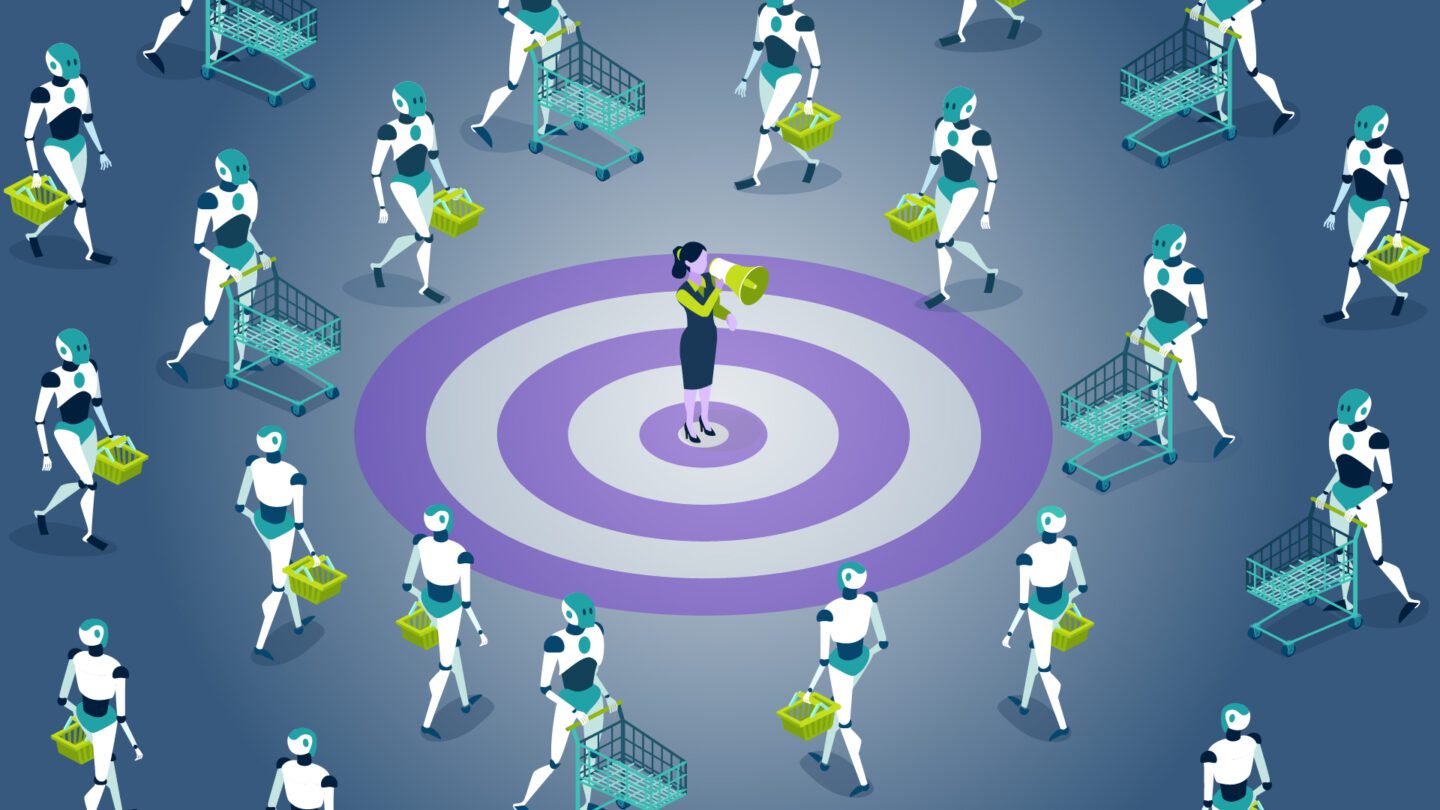The Rise of Machine Customers: Transforming Businesses through IoT Platforms
Learn more about IoT’s evolution to smart device services. Discover how IoT platforms drive the rise of “machine customers” and reshape business dynamics.

In the near future, your customers won’t just be people — they’ll be machines too.
Back in 2015, I wrote about the evolving role of virtual assistants. Today, driven by IoT, Integration, and Generative AI, this topic has resurfaced with even greater interest. Gartner’s publication of a book on the subject, coining the term “Machine Customers” for the new generation of Virtual Assistants, exemplifies this renewed focus.
The Internet of Things (IoT) has paved the way for connected devices and sensors to autonomously initiate transactions. This gives rise to a novel concept — “machine customers” — compelling businesses to prepare.
Marketing will evolve from targeting individual human customers to selling products and services to networks of devices, sparking the next digital revolution.
Several industries are primed for machine customer integration in the next decade. Self-driving trucks equipped with wallets could autonomously pay for services like maintenance, fuel, and truck stop amenities. Appliances, like air conditioners and water filters, will reorder their own replacement parts, while household robots will purchase cleaning supplies. Autonomous cars may seamlessly manage expenses like parking, tolls, car washes, or oil changes automatically.
In industrial environments, machine customers will find roles. Wind turbines and oil drills equipped with sensors could trigger the ordering of replacement parts when needed. Construction equipment could schedule its own maintenance. Digital signs might even purchase ads based on real-time environmental conditions.
IoT platforms will be critical in managing machine customers at scale. Though devices seem to be acting autonomously, it’s the IoT platform orchestrating behind the scenes.
IoT platforms will interpret device signals and data, autonomously executing transactions. For example, a printer’s low ink signal translates to an order of the replacement ink cartridge before it runs out. These platforms bridge devices in the field with commercial systems for seamless procurement.
To turn devices into customers, IoT platforms will need to ensure trusted identity, authentication, and permissions frameworks. Analytical systems will optimize decisions, while blockchain-based systems will validate machine identities and process micropayments. IoT platforms may also need to integrate with existing payment networks or handle monetization directly.
Data analytics will be integral for understanding machine usage patterns and promoting loyalty. Brands using granular data will accurately predict demand, dynamically tailor pricing, and personalize promotions to different machine segments.
Robust security and privacy protocols will be crucial to protect against threats like hacking, data breaches, or spoofing. Regulations will likely emerge around transparency and consent requirements for machine customers.
To operate effectively at scale, IoT platforms will need open APIs and comprehensive integration capabilities. CRM and ERP systems will integrate to manage machine customer accounts: analyze purchasing history, initiate automatic order fulfilment, and update inventory as machine customers make purchases. IoT platform APIs will also integrate with billing, provisioning, and entitlement management systems facilitating support for subscription business models.
Effective API management will play a crucial role in enabling these integrations. As thousands of devices initiate transactions, APIs will facilitate secure and reliable interactions within the system. To prevent the strain on backend systems, API gateways will regulate traffic flow. Meanwhile, API development portals will provide documentation and sandbox environments for testing. Valuable insights into usage patterns and performance will be delivered through API analytics. Moreover, precise API access controls will enable sharing capabilities with partners while restricting access to sensitive systems.
Overall, API-led integration will allow IoT platforms to orchestrate the complex web of system interactions required to support machine customers.
Organizations will need to rethink business models, marketing, and operations for the machine customer era. Early adopters of smart device services will gain a competitive edge. IoT platforms are the connective tissue that will unleash this machine economy and pave the way for the digital commerce of tomorrow. Forward-thinking businesses can transform every device into a potential customer through early preparation.